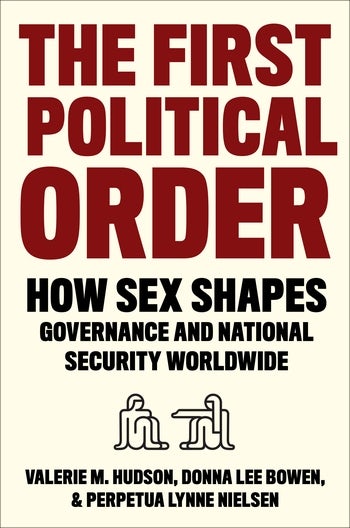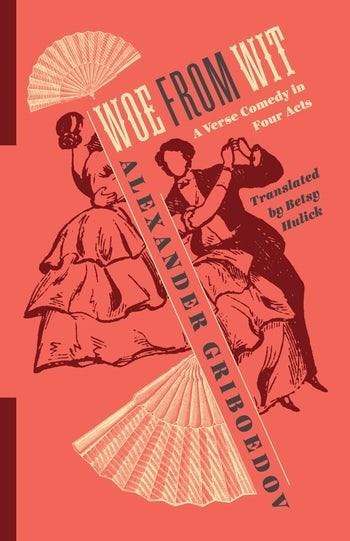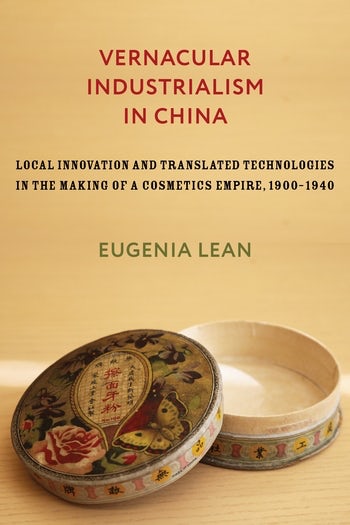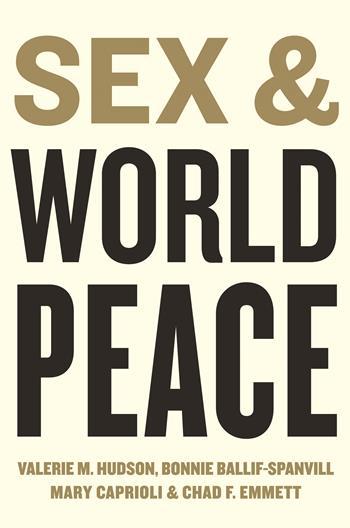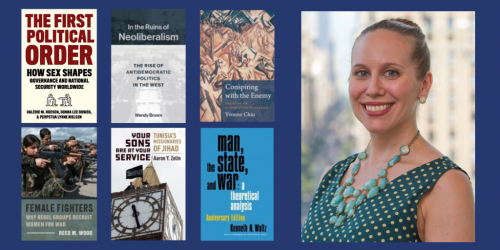New Book Tuesday! The First Political Order, Woe From Wit and more!
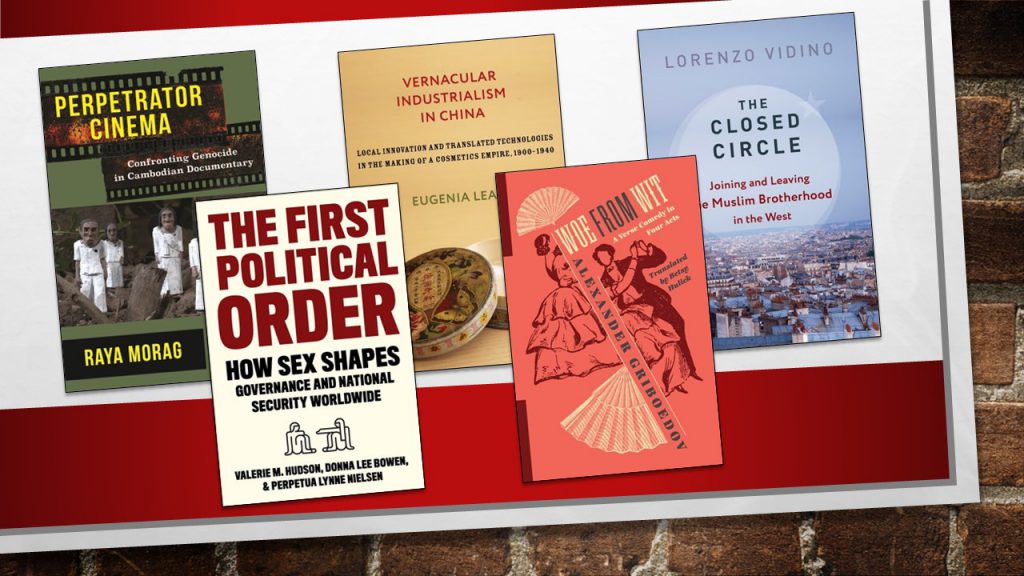
Our weekly list of new books is now available!
The First Political Order
How Sex Shapes Governance and National Security Worldwide
Valerie M. Hudson, Donna Lee Bowen, and Perpetua Lynne Nielsen
The First Political Order is a groundbreaking demonstration that the persistent and systematic subordination of women underlies all other institutions, with wide-ranging implications for global security and development. It offers a new paradigm for understanding insecurity, instability, autocracy, and violence.
From the Russian Library series
Woe from Wit
A Verse Comedy in Four Acts
Alexander Griboedov. Translated by Betsy Hulick
Alexander Griboedov’s Woe from Wit is one of the masterpieces of Russian drama. A verse comedy set in Moscow high society after the Napoleonic wars, it offers sharply drawn characters and clever repartee, mixing meticulously crafted banter and biting social critique.
Vernacular Industrialism in China
Local Innovation and Translated Technologies in the Making of a Cosmetics Empire, 1900–1940
Eugenia Lean
By examining the manufacturing, commercial, and cultural activities of the maverick industrialist Chen Diexian (1879–1940), Eugenia Lean illustrates how lettered men of early-twentieth-century China engaged in “vernacular industrialism,” the pursuit of industry and science outside of conventional venues.
From the Columbia Studies in Terrorism and Irregular Warfare series
The Closed Circle
Joining and Leaving the Muslim Brotherhood in the West
Lorenzo Vidino
The Closed Circle offers an unprecedented inside view into how one of the world’s most influential Islamist groups operates. Lorenzo Vidino marshals unique interviews with prominent former members and associates of the Muslim Brotherhood in the West, shedding light on why and how people join and leave the organization.
New from Wallflower Press
From the Nonfictions series
Perpetrator Cinema
Confronting Genocide in Cambodian Documentary
Raya Morag
Perpetrator Cinema explores a new trend in the cinematic depiction of genocide that has emerged in Cambodian documentary in the late twentieth- and early twenty-first centuries. Raya Morag analyzes how Post–Khmer Rouge Cambodian documentarians propose a direct confrontation between the first-generation survivor and the perpetrator of genocide.

